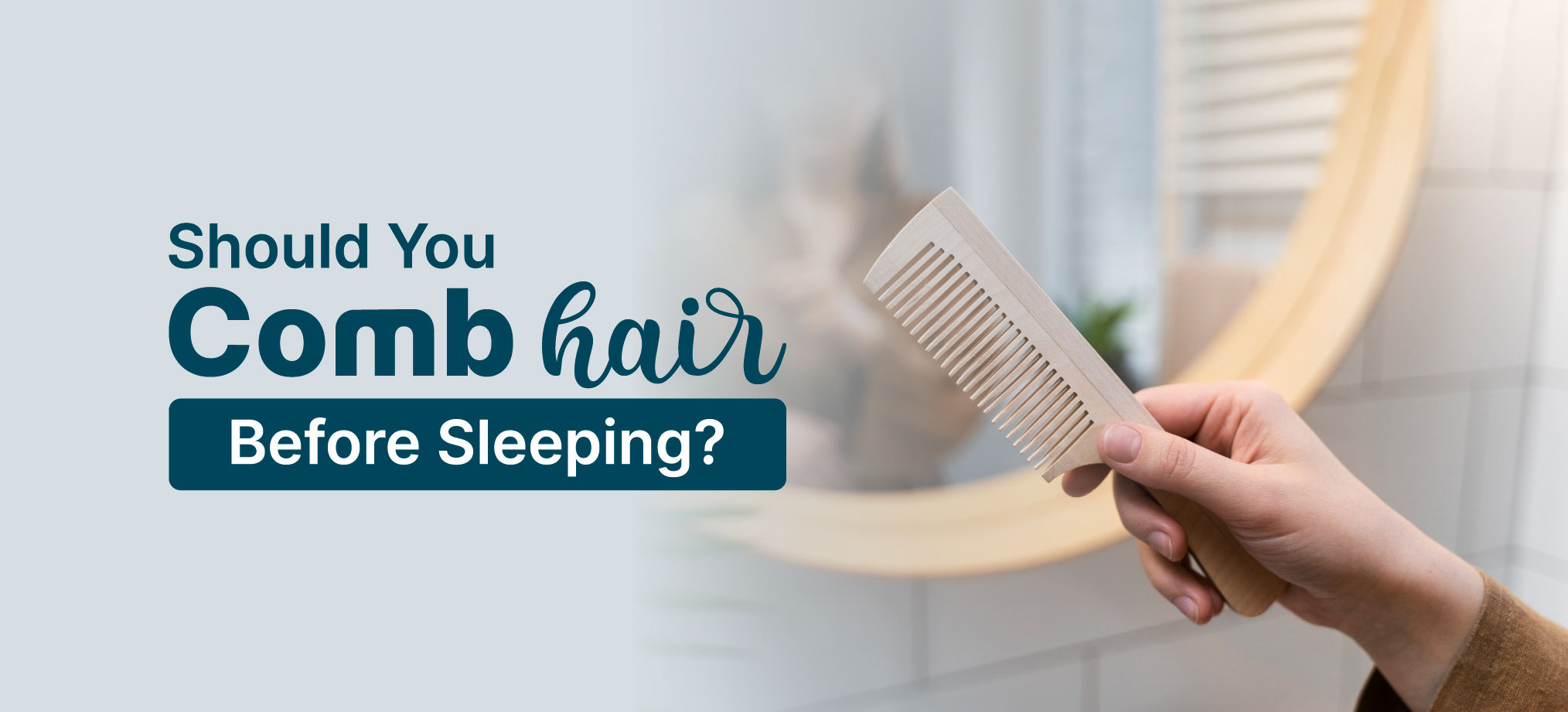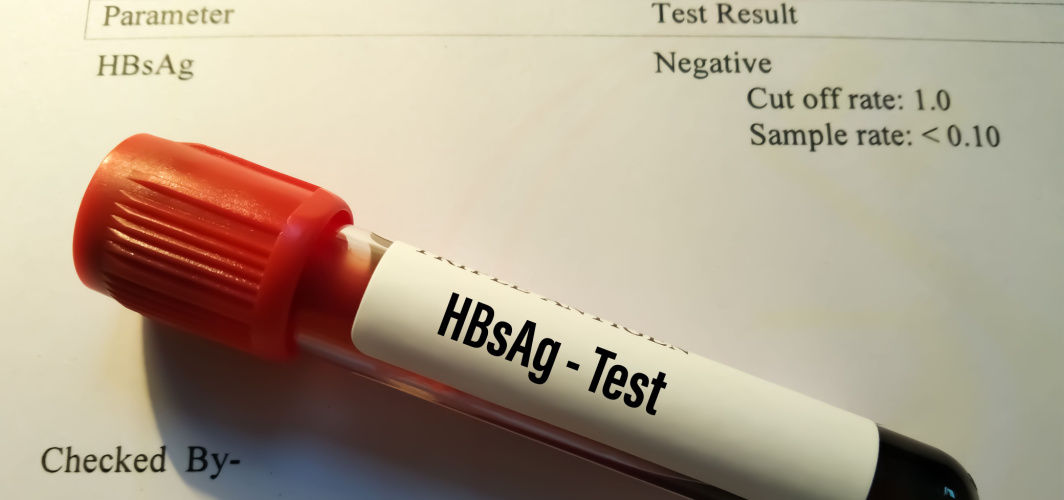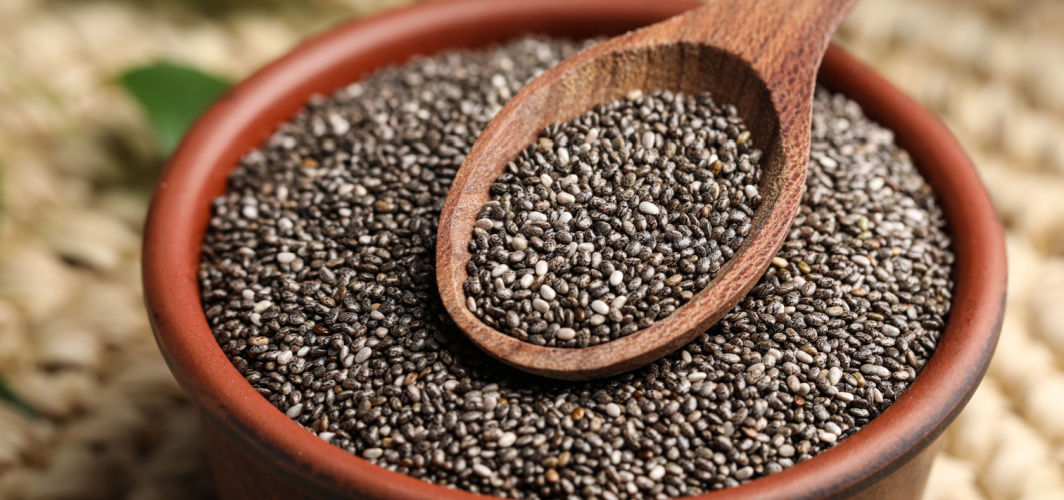General Health
Most Common Sleeping Habits: Identify The Good & Bad Ones
3 min read
By Apollo 24|7, Published on - 09 November 2022, Updated on - 02 May 2023
Share this article
0
50 likes

It’s common knowledge that sleeping for 7-8 hours every day is essential for your overall physical and mental well-being. Even one night of restless sleeping can leave you feeling exhausted and unfocused all day. People around the world have some common sleeping habits that can affect the sleep cycle adversely. Here is a list of 7 good and bad sleeping habits commonly seen in people.
1. Using electronic devices in bed
The blue light from electronic devices like phones, laptops, and tablets, can inhibit melatonin (the sleep hormone) production in the body, adversely impacting your ability to sleep. The longer you use these devices in bed, the more difficult it becomes to fall asleep. Moreover, anything you watch or see at night can trigger anxiety, flooding the stress hormone called cortisol in your body. This keeps the body alert and active, making it harder to relax and sleep.
Verdict: Bad habit
2. Sleeping wearing earplugs
Sleeping with earplugs can be quite helpful in boosting the quality of sleep. They work amazingly well in blocking out sounds while you sleep, helping you get deep sleep. However, these earplugs do come with a few risks as they can push the earwax back into the ears, causing problems like tinnitus and temporary hearing loss. These can also cause ear infections.
Verdict: Bad habit
3. Sleeping with socks on
Wearing socks in bed helps to regulate the body's internal temperature. The body's core temperature decreases during the night. Warming up the hands and feet can help dilate blood vessels releasing heat through the skin, thereby lowering your core temperature. According to research, warm skin is linked to getting to sleep more quickly.
Verdict: Good habit
4. Combing hair before sleeping
It's considered a great habit to brush your hair before bedtime. Doing this not only helps in removing snarls but also aids in the distribution of natural oils to the hair during sleep, ensuring extra conditioning. In addition to improving hair health, combing your hair before going to bed is an incredible way of relaxing and reducing stress. As per studies, it can aid in stimulating blood flow to the scalp and relieving the physical signs of stress.
Verdict: Good habit
5. Using satin pillow covers
Using satin pillow covers with a soft, luxurious feel is an excellent way to ensure a better quality of sleep. Sleeping on satin makes it less likely for you to lose hair and allows your skin pores to breathe, thereby reducing the risk of developing acne. In addition, those who suffer from dry skin should definitely switch to satin pillow covers, as they can help your skin look youthful and supple. As a bonus, sleeping on the slippery surface of satin pillow covers results in way fewer creases on the face.
Verdict: Good habit
6. Wearing eye masks
Exposure to light during bedtime can disrupt your body’s natural cues to sleep. An eye mask can be super helpful in blocking out artificial light while giving you a soothing effect, making you sleep faster and better. Eyemasks are particularly beneficial for those who don’t have blackout curtains, work a night shift, or have insomnia.
Verdict: Good habit
7. Using multiple pillows
While sleeping with more than one pillow might seem like a supportive option, it can disrupt the natural alignment of your spine. In such cases, you sleep with your head at an incline, making your spine lose its normal cervical curvature level. This can lead to stiffness in your spine and cause difficulty falling asleep.
Verdict: Bad habit
It is vital to be mindful of your sleeping habits as they can significantly affect the quality of your sleep, thereby impacting your energy levels, focus, and overall health. Finding it difficult to fall asleep,
Consult An Apollo Sleep Specialist
Medically reviewed by Dr Sonia Bhatt.
General Health
Leave Comment
Recommended for you

General Health
This Test Can Help You Know If You Have Hepatitis B!
Hepatitis B is a viral infection that damages your liver and results in serious health issues. The Australia antigen test can help in figuring out if you have been infected with the hepatitis B virus.

General Health
All You Need To Know About Chia Seeds
Learn more about the health benefits of Chia Seeds along with their ancient uses, nutritional value, daily consumption recommendations, and considerations for safe integration into your diet.
.jpg?tr=q-80)
General Health
RBC Test - Normal Range, Purpose, Procedure And Results Interpretation
Discover everything about the RBC (Red Blood Cell) Test, including its normal range, purpose, testing procedure, and how to interpret your results for better health insights.
Subscribe
Sign up for our free Health Library Daily Newsletter
Get doctor-approved health tips, news, and more.
Visual Stories

Plant-based Foods That Are a Great Source of Iron
Tap to continue exploring
Recommended for you

General Health
This Test Can Help You Know If You Have Hepatitis B!
Hepatitis B is a viral infection that damages your liver and results in serious health issues. The Australia antigen test can help in figuring out if you have been infected with the hepatitis B virus.

General Health
All You Need To Know About Chia Seeds
Learn more about the health benefits of Chia Seeds along with their ancient uses, nutritional value, daily consumption recommendations, and considerations for safe integration into your diet.
.jpg?tr=q-80)
General Health
RBC Test - Normal Range, Purpose, Procedure And Results Interpretation
Discover everything about the RBC (Red Blood Cell) Test, including its normal range, purpose, testing procedure, and how to interpret your results for better health insights.